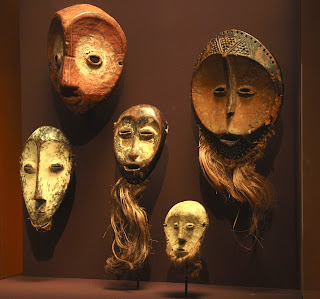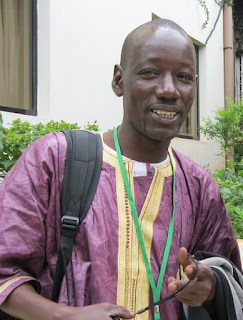Meeting the Herero of Ombu Village: History, Memory, and Tradition

Ms. Ngurungunda pounding aromatic herbs Ever since I saw a video about Herero women and their distinctive way of dressing years ago, I had hoped to one day see them in real life. When I finally did, they were every bit as captivating as I imagined—but what struck me even more was how much I learned about the Herero people, their history, and the broader Bantu cultural heritage across Sub-Saharan Africa. One of the facts I learned was that the first genocide of the 20th century was committed against the Herero people. Germany had colonized Namibia in 1884, often using deceptive agreements. The Herero and Nama were pastoralist communities, but as more German settlers arrived, their land was systematically confiscated. In response, the Herero rebelled—and the consequences were devastating. Between 1904 and 1908, an estimated 80% of the Herero population was killed.* Ombu Village, Namibia In May of this year, I visited the Ombu Herero Cultural Village in northern Namibia, located off ...





